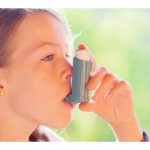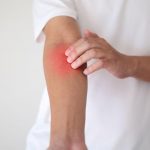
A significant number of patients take far longer to recover from a concussion than expected, and they may not be getting the care they need, according to a new study. Researchers from the United Kingdom who studied concussion patients found that almost half had changes in how regions of the brain communicate with each other. This may cause long-term symptoms, including fatigue, and impaired thinking and memory. Mild traumatic brain injury can happen in a fall, a sports incident, or from a cycling accident or car crash. Although called “mild,” it is commonly linked with persistent symptoms including depression, cognitive impairment, headaches and fatigue, as well as incomplete recovery. The researchers said only about half of people who suffer a concussion are fully recovered within six months, far less than the 90% some other recent studies have predicted. A CT scan or an MRI scan looks for signs of structural damage, such as inflammation or bruising after a concussion. In this study, researchers used an fMRI, or functional MRI, which looked at how different areas of the brain coordinate with each other. “Worldwide, we’re seeing an increase in the number of cases of mild traumatic brain injury, particularly from falls in our aging population and rising numbers of road traffic collisions in low- and middle-income countries,” said study co-author Emmanuel Stamatakis, leader of the Cognition… read on > read on >


















